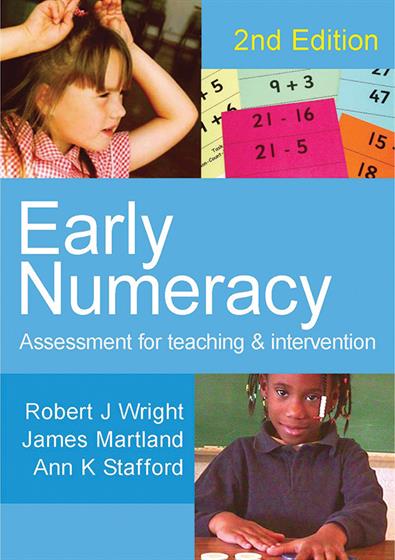Hands-on, Practical Guidance for Educators
From math,
literacy, science, equity, multilingual learners, and SEL, to assessment, school counseling,
and education leadership, our books are research-based and authored by experts
on topics most relevant to what educators are facing today.

Bestseller!
Early Numeracy
Assessment for Teaching and Intervention
Second Edition
This book helps teachers identify children's difficulties and misconceptions, and become more skilled and confident in planning programs for intervention and monitoring children's progress.
Product Details
- Grade Level: PreK-12
- ISBN: 9781412910200
- Published By: Sage UK
- Series: Math Recovery
- Year: 2006
- Page Count: 224
- Publication date: January 26, 2006
Review Copies
This book is not available as a review copy.


